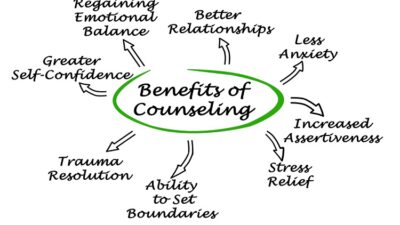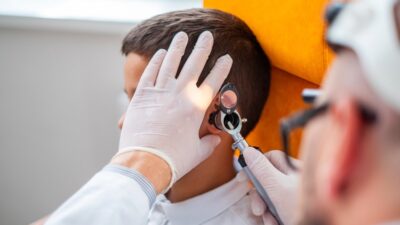Depression is a mental health condition that affects millions of people around the globe. In a year, roughly 16.1 million American adults face challenges with depression. Although lifestyle adjustments, counseling, and medication can help treat depression, sometimes they do not work for everyone. This is where transcranial magnetic stimulation, TMS kingwood, comes in.
Transcranial magnetic stimulation (TMS) is a treatment technique that employs magnetic pulses to stimulate specific regions of your brain. Enhancing brain activity mitigates the effects of depression.
Here are reasons to consider TMS for depression treatment.
Table of Contents
It is a fast-acting treatment
Traditional treatments for depression, such as medication and therapy, can take weeks or even months to start working. This can be frustrating and demotivating, especially when you are struggling with severe depression symptoms. TMS, on the other hand, is a fast-acting treatment that can provide relief in as little as two weeks.
TMS uses magnetic pulses to stimulate the areas of your brain that are responsible for mood regulation. These pulses help normalize brain activity and improve communication between different brain regions. The result is reduced depression symptoms, such as sadness, fatigue, and lack of motivation.
TMS has a low risk of side effects
Unlike many medications for depression, TMS has a low risk of side effects. The most common side effect is mild scalp discomfort, which usually resolves within a few hours of the session. Some people also experience mild headaches or lightheadedness, but these side effects are rare.
TMS is a safe treatment option for most people, including those who have not responded to traditional treatments for depression. However, discussing your medical history and current medications with your doctor before starting TMS is crucial.
It is non-invasive
One of the best benefits of TMS is that it is a non-invasive treatment. It doesn’t require any surgery or anesthesia, and there’s no need for hospitalization. TMS is performed in an outpatient setting, and you can go home immediately after each session.
During a TMS session, you will sit in a comfortable chair while a technician places a small magnetic coil against your scalp. The coil emits magnetic pulses that stimulate the areas of your brain responsible for mood regulation. You’ll feel tapping on your scalp, but the treatment is generally painless.
Long-lasting results
Studies have shown that TMS provides long-lasting results. Unlike medication, which may require ongoing use to maintain effectiveness, TMS can provide relief for months or even years after treatment.
In a study published in the Journal of Clinical Psychiatry, researchers found that more than half of the participants who received TMS for depression experienced significant improvement in symptoms six months after treatment. Furthermore, nearly one-third of the participants remained symptom-free a year after treatment.
TMS is customizable
TMS is a customizable treatment option that can be tailored to your individual needs. Your doctor will work with you to determine the best treatment plan based on your symptoms and medical history.
TMS can be used alone or with other treatments, such as medication and therapy. Your doctor may also adjust the frequency and intensity of the magnetic pulses based on your response to treatment.
Call Kingwood Psychiatry to book your appointment for TMS.










Comments